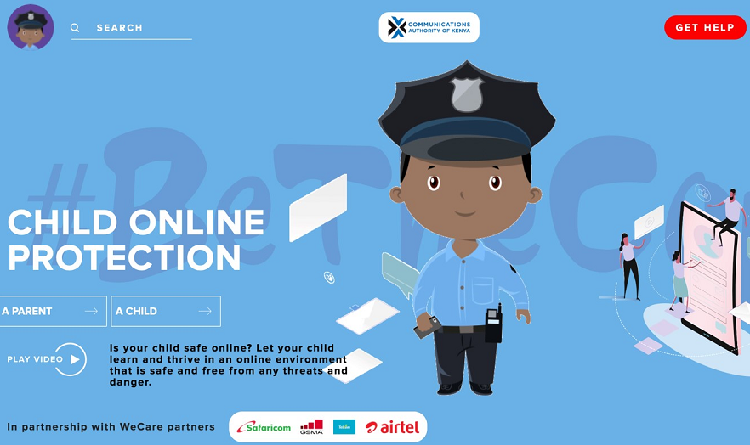The internet is good. The world revolves around it. Everything around the world is now controlled by the internet. But with the coming of the internet, new categories of crimes emerged. Cybercrimes activities have been on the rise around the world.
Despite the advantages that come with the internet, many people have failed to identify the danger that it poses to kids. As the internet becomes more accessible, the nature and complexity of crimes against children are also evolving.
Some of the online crimes against children are:
Solicitation of a minor:
Solicitation of a minor involves asking or engaging in a conversation with a minor and during the course of that conversation, asking the minor for a physical meeting.
The intentions of these meetings could be to lure the child to commit crimes, engage in sexual acts, or kidnap the children and seek a ransom. Criminals befriend children and establish an emotional connection with the motive of lowering the child’s protective instincts in preparation for exploitation.
Cyberbullying:
Bullying is a vice where children or teenagers harass, threaten, insult, tease and blackmail other children. Cyberbullying is the same behavior extended to online platforms such as mobile phones, websites, blogs, and chat rooms.
Cyberbullies can also directly attack their victim by sending them insulting, threatening, and blackmailing messages, impersonating them online, posting distasteful information on blogs, websites, and chatrooms about the victim.
Cyberbullying can be hard to control as it can be carried out anonymously. It also spreads wider faster, has a greater degree of publicity, the content is available 24 hours a day, and can invade the victim’s privacy even in ‘safe’ places like their homes.
Child Pornography:
Child pornography is pornography that exploits children for sexual stimulation. It may be produced with the direct involvement or sexual assault of a child or it may be simulated child pornography.
Pornography refers to images, films and, writings depicting sexually explicit activities. Child pornography refers to images, films, and in some cases, writings depicting sexually explicit activities involving a child. It can be carried out in various forms including nudity, erotic postings, and explicit sexual activity.
Identity theft and online fraud:
Identity theft and identity fraud are terms used to refer to all types of crime in which someone wrongfully obtains and uses another person’s personal data in some way that involves fraud or deception, typically for economic gain.
Online identity can be stolen through various ways including intentionally sending a virus to a user’s devices which enable criminals to retrieve personal information, fake online sales, and auction and phishing e-mails that claim to be from official entities. Methods of identity theft are constantly evolving and users need to be careful at all times.
Internet Addiction:
Internet addiction is described as an impulse control disorder and is very similar to pathological gambling. It is when a person has a compulsive need to spend a great deal of time on the Internet, to the point where other areas of life (such as school, relationships, work, or health) are allowed to suffer.
Individuals, children or adults, can get addicted to the internet and this has an effect on their lives as well as relationships with people in the real world.
What should parents do to protect their kids? Be the cop. Know how much content your kids are exposed to while online. Do not just set them free. Get some more information here.

